Publications
Articles, publications, books, tools and multimedia features from the U.S. Institute of Peace provide the latest news, analysis, research findings, practitioner guides and reports, all related to the conflict zones and issues that are at the center of the Institute’s work to prevent and reduce violent conflict.
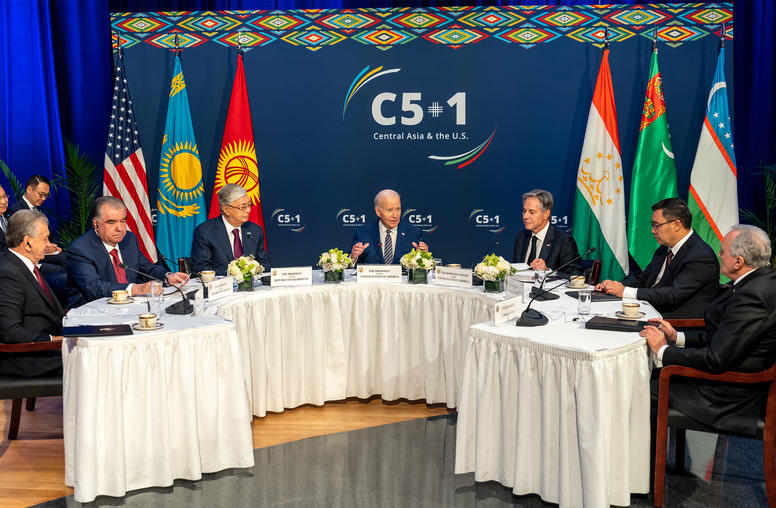
New Central Asian Leaders Look to Balance Relations with Major Powers
For the first time ever, all five presidents of the Central Asian republics (Kazakhstan, Kyrgyzstan, Tajikistan, Turkmenistan and Uzbekistan) met in-person with a U.S. president as part of “C5+1” summit on the sidelines of last week’s U.N. General Assembly.
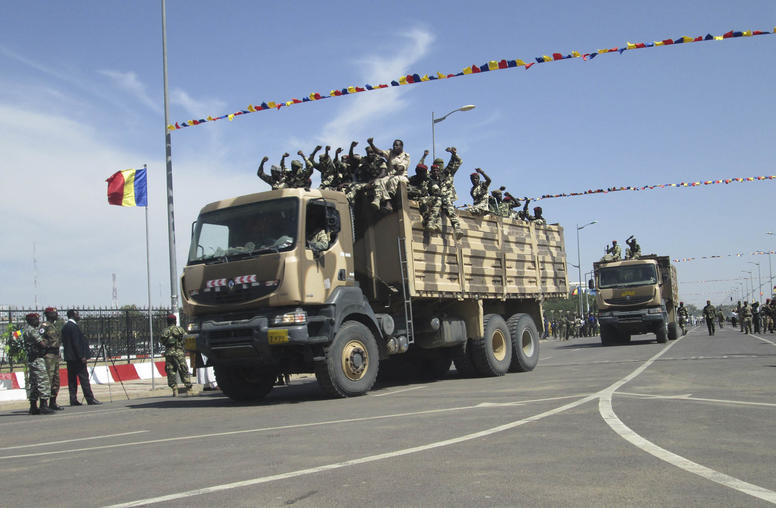
Chad’s Political Transition Might Be Its Last Shot for Democracy and Peace
The state of Chad’s political transition is not reassuring. Despite some signs of progress during the National Inclusive and Sovereign Dialogue (DNIS) last October, security forces engaged in violent crackdowns of protests shortly afterward — killing dozens of civilians. Meanwhile, now-President Mahamat Idriss Déby has moved to consolidate power ahead of elections planned for October 2024, leaving opposition and civic groups worried that Déby may not turn power over to a civilian government.
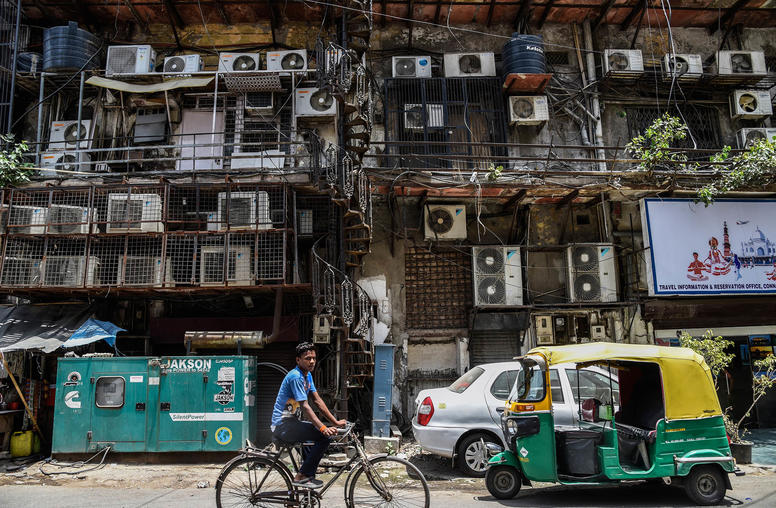
How Heat Waves Are Destabilizing Asia
Unprecedented heat waves continue to ravage Asia this year. Temperatures have climbed to highs of 45 degrees Celsius in Myanmar, 44.5 degrees Celsius in India and 41.9 degrees Celsius in China, with Thailand and Laos breaking all-time high records.
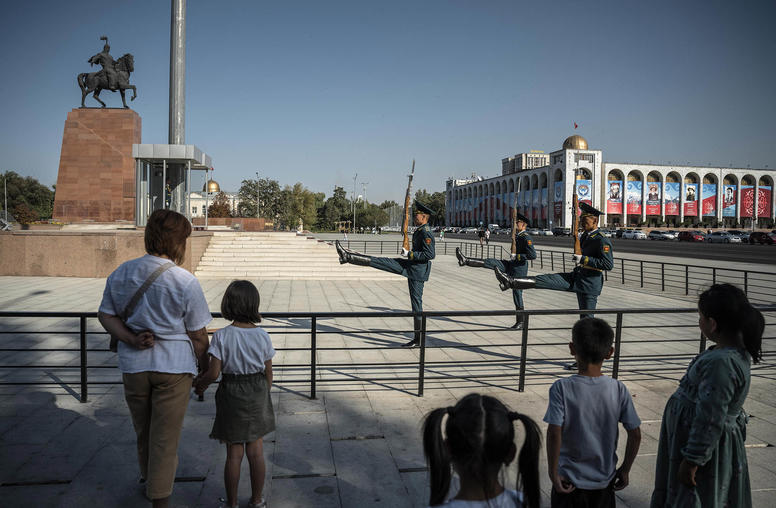
China Looks to Fill a Void in Central Asia
As the Group of Seven met at the end of last week in Hiroshima, Japan, China organized a summit with Kazakhstan, Kyrgyzstan, Tajikistan, Turkmenistan and Uzbekistan, marking a new chapter in Beijing’s engagement with the region. Central Asian states are looking for a new partner to help ensure their own security against domestic rebellions, as Russia’s war in Ukraine has limited Moscow’s ability to fulfill a longstanding role as a guarantor of domestic stability in the region. While most of the summit’s public discussion focused on economic and trade issues, China noted that it would help Central Asia enhance it’s law enforcement and security capabilities, which aligns with Beijing’s intensifying campaign for “global security.”
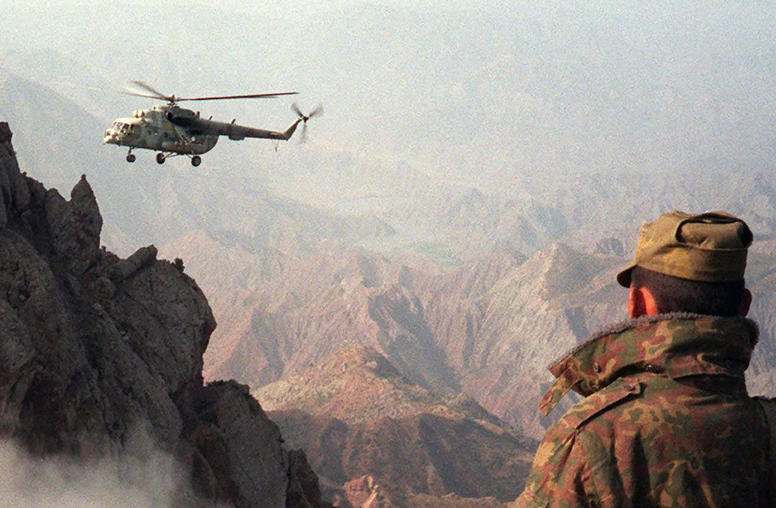
Tajikistan’s Peace Process: The Role of Track 2 Diplomacy and Lessons for Afghanistan
The peace process that ended the Tajik civil war in the late 1990s successfully combined both official and civic channels of communication and negotiation from its start. This report argues that although the agreement and its implementation were far from perfect, the Tajik experience contains valuable lessons on power-sharing arrangements, reconciliation, reintegration, and demobilization for the architects of future peace processes, and provides important insights into the shortcomings of the 2018–21 peace process in neighboring Afghanistan.
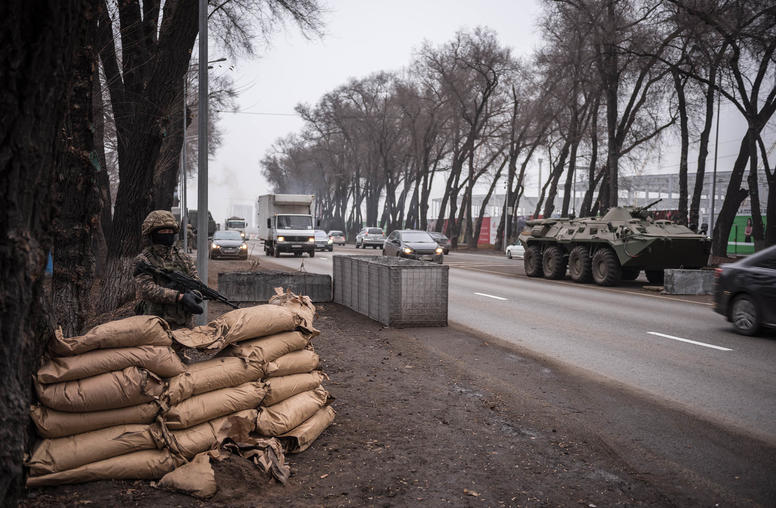
Central Asia Needs a New Approach to Security
After three decades of independence following the fall of the Soviet Union, Central Asian countries continue to face challenges to their stability and governance. Last year saw large-scale domestic unrest in three of the region’s five countries — Kazakhstan, Tajikistan and Uzbekistan — and a devastating cross-border conflict between Kyrgyzstan and Tajikistan was the largest ever trans-boundary escalation in the region. Many of these events follow similar patterns: growing tensions and grievances among citizens lead to protests, which are met with a harsh and disproportionate response including the use of lethal force by security forces, feeding into further mistrust between authorities and the population.
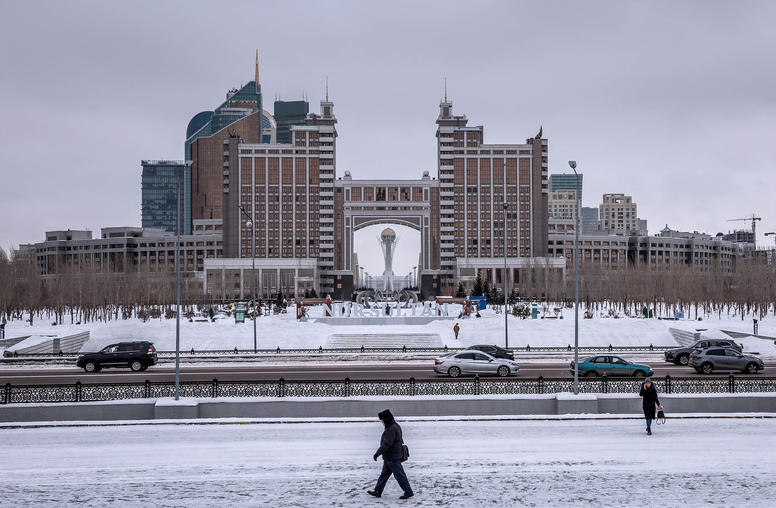
Blinken Debuts New U.S. Approach in Central Asia
U.S. Secretary of State Antony Blinken visited Kazakhstan and Uzbekistan this week, where he signaled that Washington is changing tact in the region. For nearly two decades, U.S. engagement in the region focused on how it could help Washington in Afghanistan. Following the Afghanistan withdrawal, U.S. policy in Central Asia should be more modest, focused on helping these countries achieve balance in their relations with each other and the outside world, particularly in an era of great power competition. After all, these countries are neighbors of Russia and China and can’t afford to choose sides.
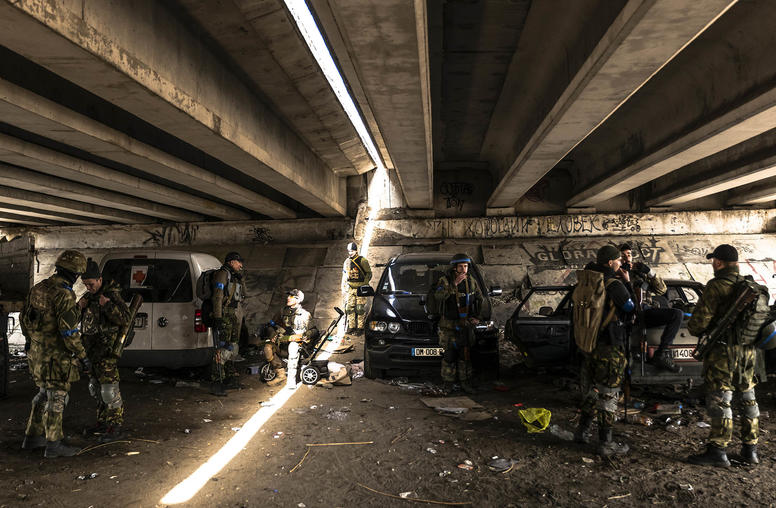
Central Asia’s New Foreign Fighters Problem: The Russia-Ukraine War
Since the start of the current conflict in Ukraine, there have been growing glimpses coming through media reports, social media feeds and personal networks of Central Asian mercenaries and volunteers fighting on both sides of the Russia-Ukraine war. But the emergence of this new foreign fighter phenomenon — less than a decade after thousands of Central Asians joined ISIS in Iraq and Syria — is raising increasing concerns and important questions for Central Asian security. Unlike the phenomenon of Central Asians fighting in Iraq and Syria, the cleavages in Ukraine are much closer to home and echo those in Central Asian society, which makes this mobilization much more divisive internally.
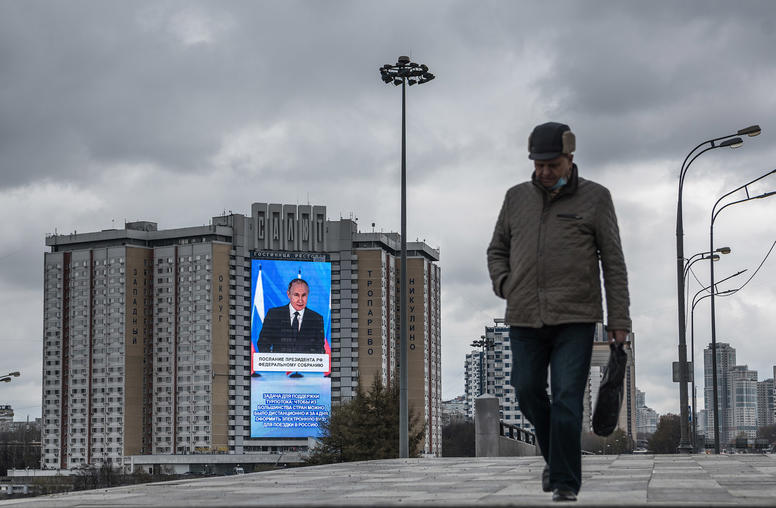
With Friends Like These: How Russia’s Invasion of Ukraine Hurts Central Asia
While accepting Russia’s big footprint in their security and economic lives, Central Asian countries have tried to conduct “multi-vector” foreign policies. These countries know that having good (or at least balanced) relations with Russia, China and the United States is important in the long term — and that Central Asian leaders who’ve tried to play the big powers against each other often wind up the loser.
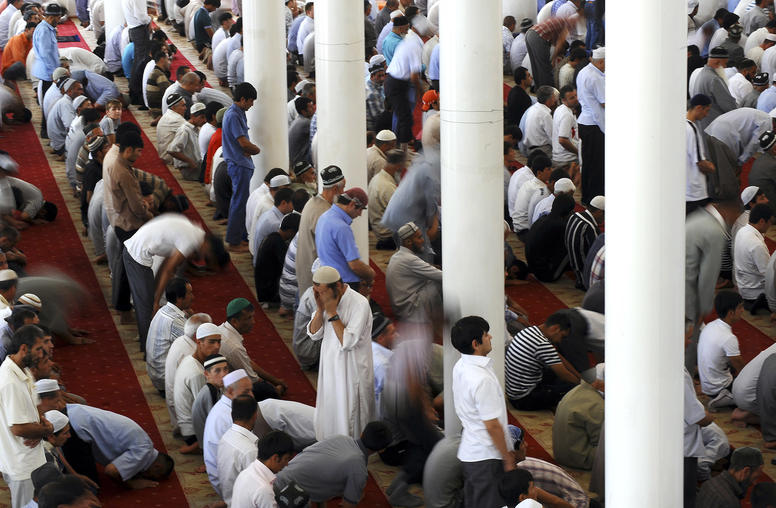
To Help Central Asia, Engage with Muslim Civil Society
Kazakhstan’s violent upheaval this month underscores that governments and international organizations need to more effectively help Central Asia’s 76 million people build responsive, effective governance across their five nations. Mass protests or communal violence also have struck Uzbekistan, Kyrgyzstan and Tajikistan in recent years. As the United States, allied governments and international institutions seek ways to promote nonviolent transitions toward more stable, democratic rule, new research suggests that they explore for partners in an often-ignored sector—Central Asia’s active and disparate Muslim civil society.